
My characters have been Irish immigrant women who worked as maids and the soldiers of World War I. My interest in these characters and this time period has led to stories about Typhoid Mary, Lizzie Borden, and other maids. It’s also led to stories about Irishmen who served in the British army during the Great War when their own county was in rebellion against British rule.
I thought again about how wonderful it is to find your subject matter when I visited the Monet exhibit at the de Long Museum in San Francisco. Even though I knew of the artist’s interest in water lilies, I didn’t know that lilies were virtually the only thing he painted in his later years. Monet employed eight gardeners - one to skim the pond, another to remove dust from the plants - six others for additional jobs to maintain his garden pond. He also paid for the nearby roads to be paved so that dust could be kept from reaching his water lilies.
“It took me a long time to understand my water lilies…,” Monet said. “I cultivated them without thinking about painting them ….And then, all of a sudden, I had a revelation - there was magic in my pond. I seized my palette. Since that moment, I’ve scarcely painted any other subject.” There are times when short story writers feel about their material the way Claude Monet felt about his water lilies.
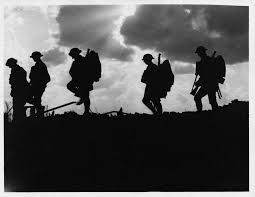
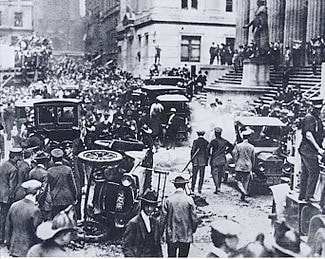



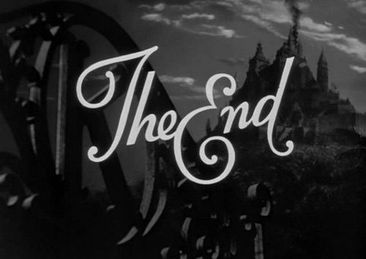
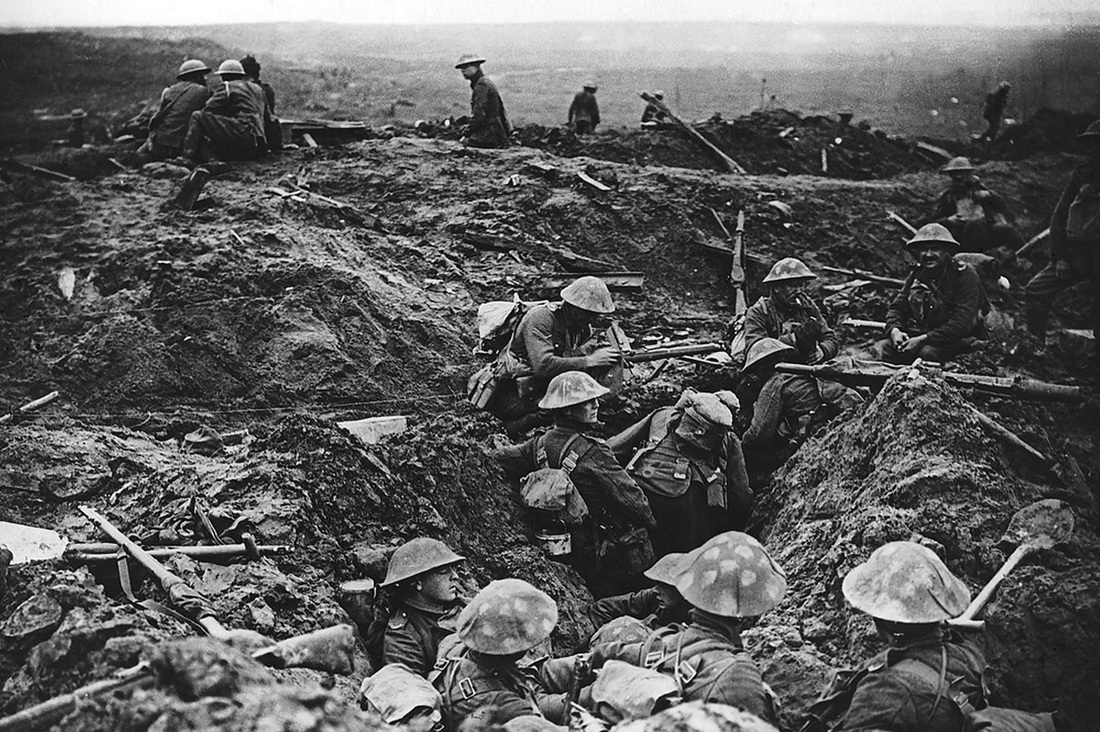
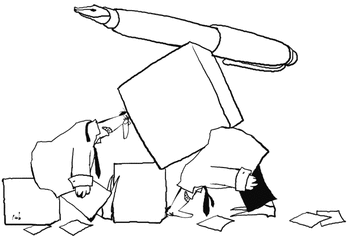

 RSS Feed
RSS Feed
